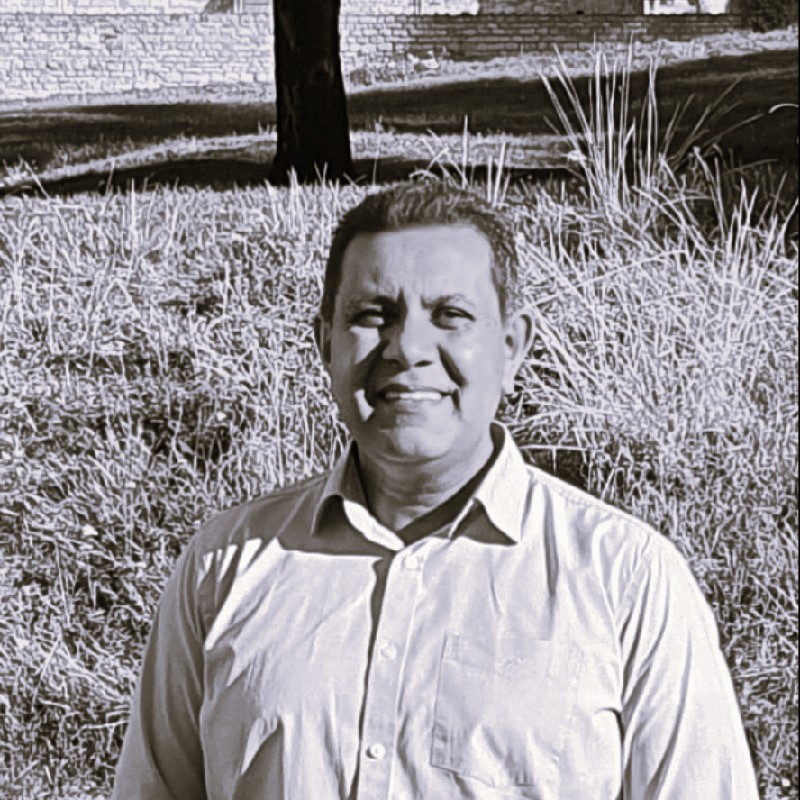Podcast Overview
Sustainability is a huge focus for all businesses right now. But, is it for the right reasons?
In 2023 customers and clients are attracted and drawn to brands that live their values. With the rising awareness of environmental issues, being kinder to the planet is one of them.
Not only is it our responsibility to be better as humans, but businesses too. Don’t just greenwash your customers, act with meaning and focus on sustainability right now to be compliant with legal regulations.
eCome@One Presents:
Indika Edussuriya
Indika Edussuriya, Head of ESG Services at SGS, the world’s leading testing, inspection and certification company. They are recognised as the global benchmark for sustainability, quality and integrity.
Indika thrives in the world of sustainability and conceptual development. His current mission is to play a pivotal role in the development and implementation of sustainability in eCom. He helps businesses understand what is expected of them, comply with government regulations and create a better future.
In this episode, shares why companies need to focus on sustainability, how your brand can profit from being sustainable and ways that companies can become sustainable in 2023. Tune in to find out how to build your business through sustainability and reduce your impact on the environment.
Topics Covered
2:36 – Why Did Indika Choose To Work In Sustainability
4:04 – Reasons Companies Need To Focus On Sustainability Now
8:30 – The Detrimental Impact eCommerce Businesses Can Have On The Environment
14:12 – Ways That Companies Can Become Sustainable
16:40 – Complications That Companies Will Come Across When Trying To Become
More Sustainable
20:23 – How Technology Can Create Platforms To Advance Sustainability
22:17 – Indika’s Opinions On Businesses Becoming BCORP
25:25 – What Are The Legal Concerns And Obligation That Companies May
Have To Face Due To Sustainability And ESG Developments?
29:40 – The Roadmap For Sustainability Over The Next 12 Months, What Should Customers Look Out For?
32:48 – Book Recommendation


